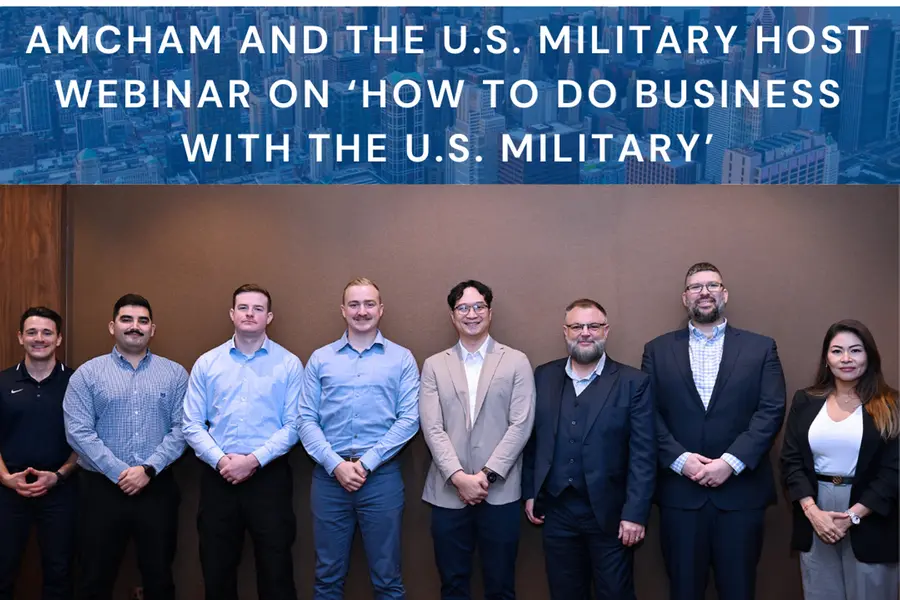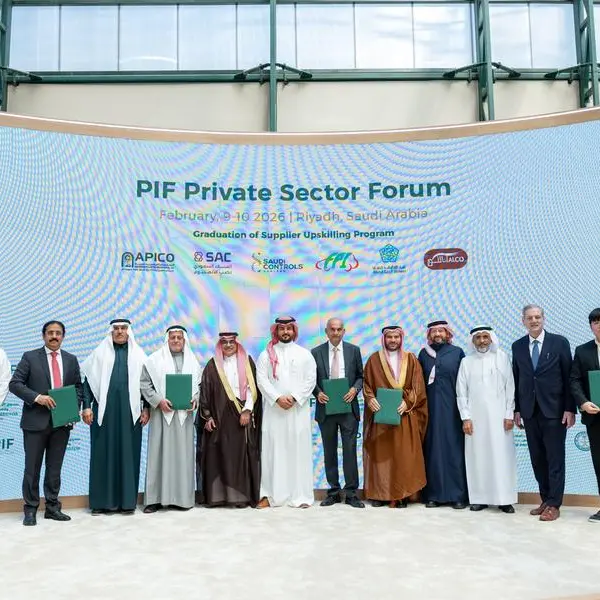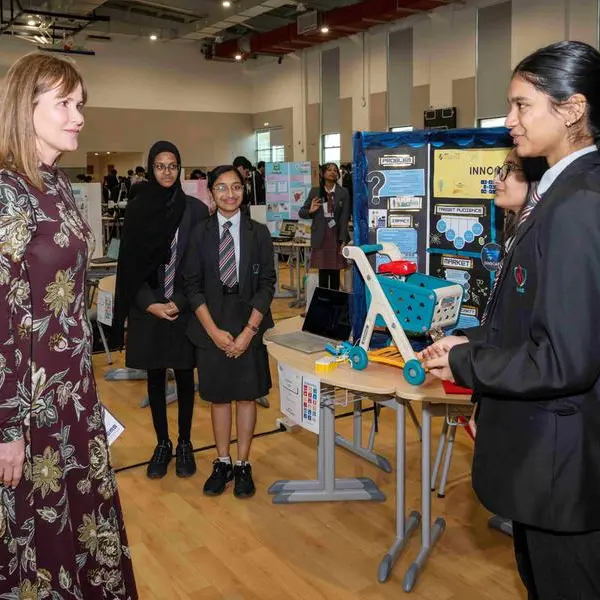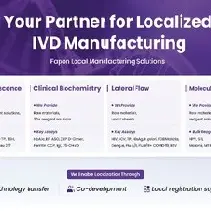PHOTO
AmCham Kuwait hosted a webinar on 'How to Do Business with the U.S. Military.' The event featured speakers from the U.S. Army’s Regional Contracting Center - Kuwait (RCC-KU), the Joint Contingency Contracting System team (JCCS), and the U.S. Air Force 386th Expeditionary Wing. The goal of the event was to educate and inform vendors on how to do business with the U.S. military, the systems required to do so, and upcoming opportunities with each of the military entities that participated.
The first part of the session was covered by Mr. Suphakit Areeyat, the TSC procurement chief of RCC-KU. The presenter highlighted what SAM is, why SAM is essential, and shared important facts about SAM. The system for award management SAM is an official website of the U.S. government. Companies can use SAM to become eligible to bid on and receive contracts from the U.S. federal government and only contractors with an active SAM registration will be qualified and be eligible for awards contracts/purchase orders above US$30,000. Mr. Areeyat emphasized that SAM registration is free for any organization, and SAM representatives do not accept payments to be awarded United States government contracts, grants, or cooperative agreements. Mr. Areeyat spoke in depth about what is the (NATO) commercial and government entity (NCAGE) code, entity validation and registration, unique entity IDs, as well as the requirements for companies to get started.
Mr. Douglas Dunn, the second presenter, discussed the Joint Contingency Contracting System (JCCS) registration and explained how vendors can access it as he reviewed the step-by-step process.
Following the discussion, SSgt Gabriel Sanderson, GPC program non-commissioned officer of the U.S. Air Force 386th ECONS, covered the Government Purchase Card (GPC) Program. He spoke about the GPC program, whose mission is to streamline payment procedures and reduce the administrative burden associated with purchasing supplies and services. When to use the GPC, the delivery process, local vendors, and the common documents required for the base access. The speakers noted that Government Purchase Cards (GPCs) are used for lower-dollar purchases of supplies, and services. The documents required to get the bass access are KCID Kuwait civil ID, IAA installation access application, passport, driving license, Kuwait Chamber of Commerce letter, contract LOA, KMOD J2 badge application, and base access request letter (in both English and Arabic).
Furthermore, 1st Lt Andrew Spoeri Infrastructure flight commander discussed in depth the three main phases of the Air Force procurement process. These include the planning phase, and procurement phase which consist of three main elements: solicitation, evaluations, Award, and post-award admin.
Lastly, Mr. William Lucas, CTIP Coordinator for RCC-KU, a U.S. military presenter, spoke about their efforts in combating human trafficking (Counter Trafficking in Persons (CTIP)), Federal Acquisition Regulations, and compliance with minimum requirements for vendors doing business with the U.S. Military and their employees. Presenters emphasized that companies receive an annual CTIPS compliance certification based on their review and explained the remediation process if a company is found to violate CTIPs.
About ABCK-AmCham Kuwait
ABCK-AmCham Kuwait is a non-profit organization operating since 1985 and is composed of Fortune 500 corporations, small and medium-sized companies, and prominent business leaders and entrepreneurs, both American and Kuwaiti. ABCK-AmCham Kuwait acts as an advocate for American interest in the state of Kuwait. For More Information, please visit our website at www.amchamkuwait.org or follow us on the social media channels @abck1985




















